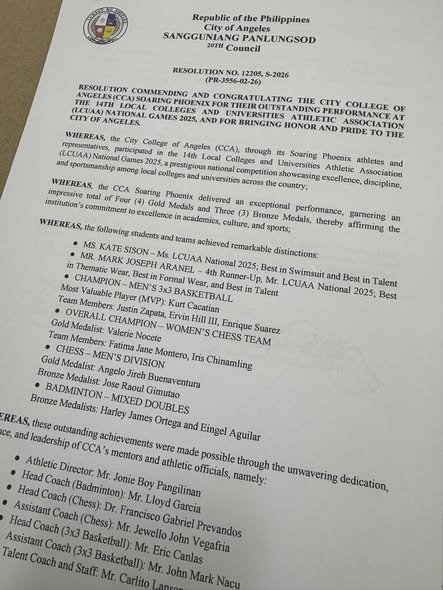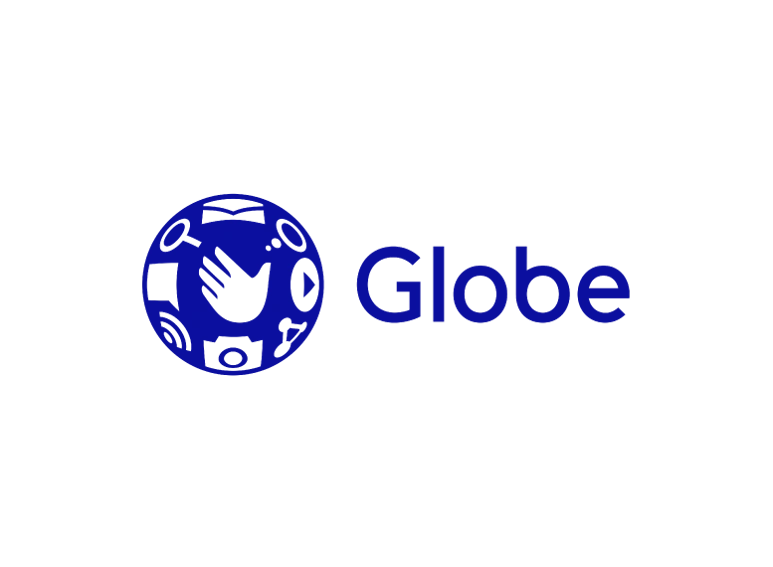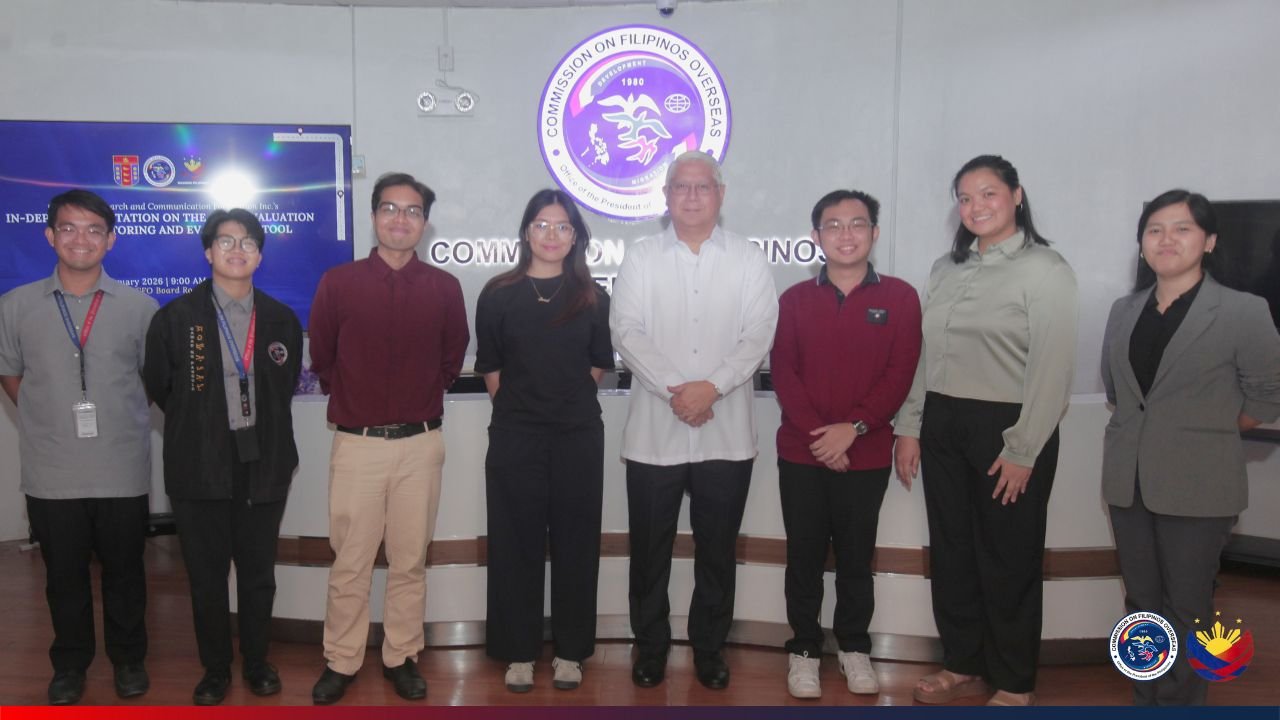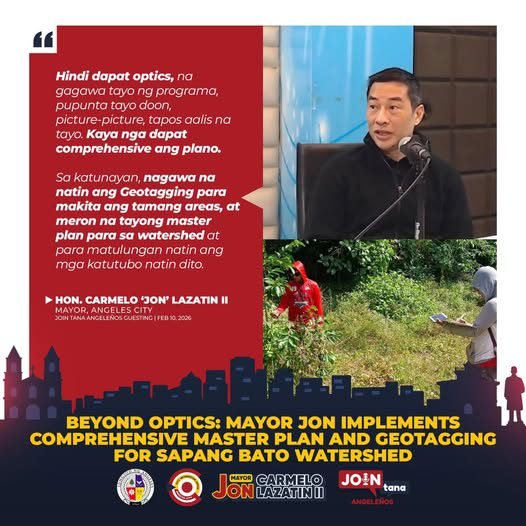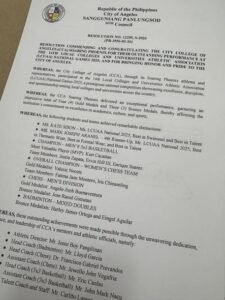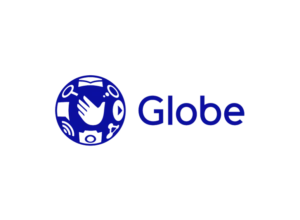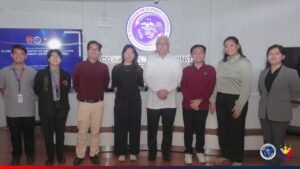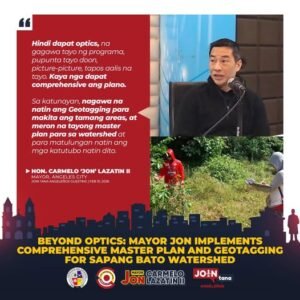Apalit has joined nearly 150 local government units (LGUs) nationwide in implementing the Paleng-QR Ph Plus program, enabling digital payments through QR codes in public markets, transportation, and business establishments.
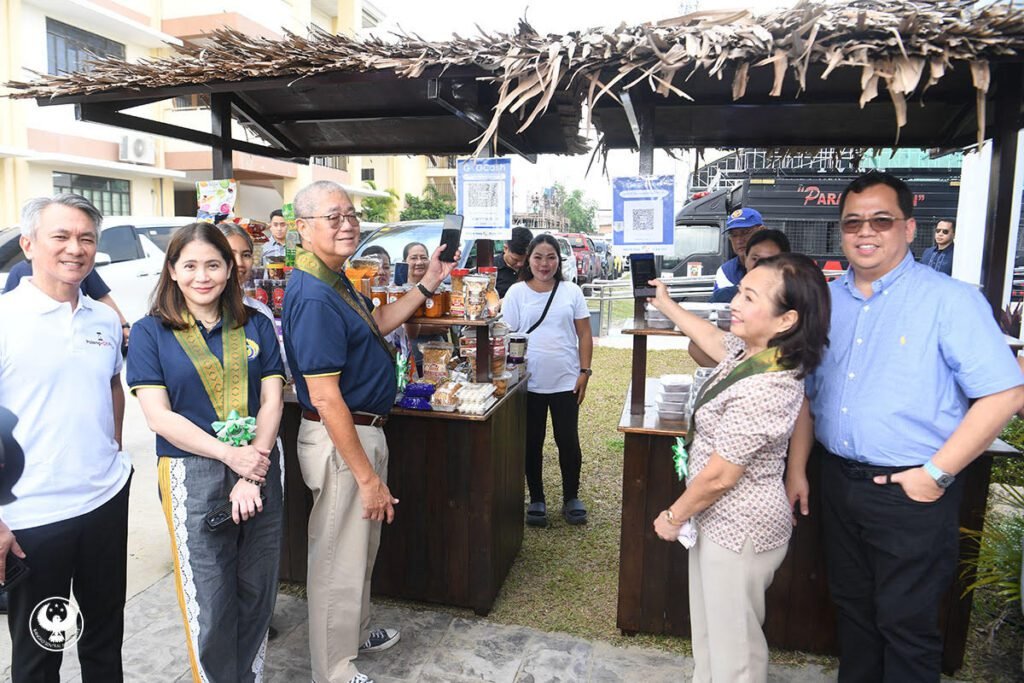
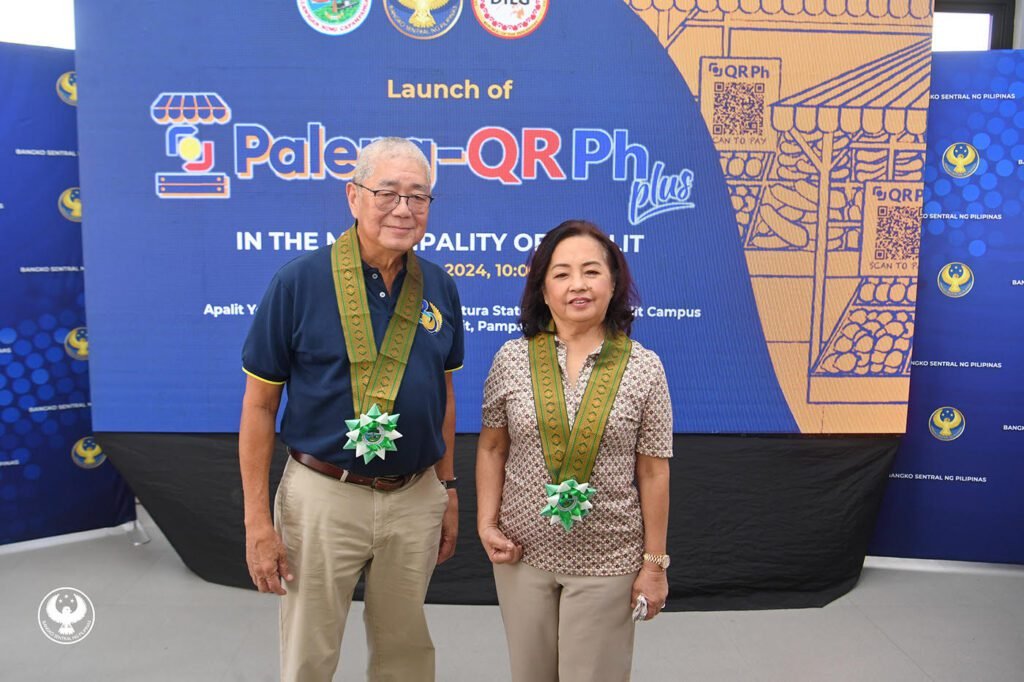

The program was launched on 15 November 2024, led by Bangko Sentral ng Pilipinas (BSP) Governor Eli M. Remolona, Jr. and Apalit Mayor Oscar D. Tetangco, Jr. The initiative aims to onboard more residents into the formal financial system by promoting the use of QR Ph, the national standard for QR payments.
Governor Remolona highlighted the program’s impact on financial inclusion. “The BSP spearheaded Paleng-QR Plus to go beyond creating policies and make a tangible difference in people’s lives. We encourage everyone—vendors and buyers alike—to embrace digital payments,” he said.
Mayor Tetangco expressed the municipality’s commitment to promoting the program, saying, “With the help of our partners and financial service providers, we will ensure the adoption of QR Ph, not only among market vendors but also among other business owners.”
The launch event, held at the Apalit Youth Center of Don Honorio Ventura State University, was attended by notable figures including BSP Deputy Governor Bernadette Romulo-Puyat, Former BSP Governor Amando M. Tetangco, Jr., Former President and Pampanga 2nd District Representative Gloria Macapagal-Arroyo, Palengkeni Apalit Organized Markets Corporation Chairman Jose H. Borromeo.
Deputy Governor Romulo-Puyat emphasized the ease and security of QR Ph, describing it as a cashless solution to revolutionize daily payments.
Representative Arroyo commended the BSP for pioneering the program and praised Apalit for adopting the initiative, marking it as a step toward a cashless society in Pampanga.
The Paleng-QR Ph Plus program is part of the National Strategy for Financial Inclusion 2022–2028, which promotes financial inclusion through digitalization.
During the event, the BSP and its partners— Guagua Rural Bank and BOF (A Rural Bank)—conducted a Piso Caravan at the Apalit Public Market. The caravan facilitated the exchange of unfit or damaged currency for clean bills or e-wallet credits.

